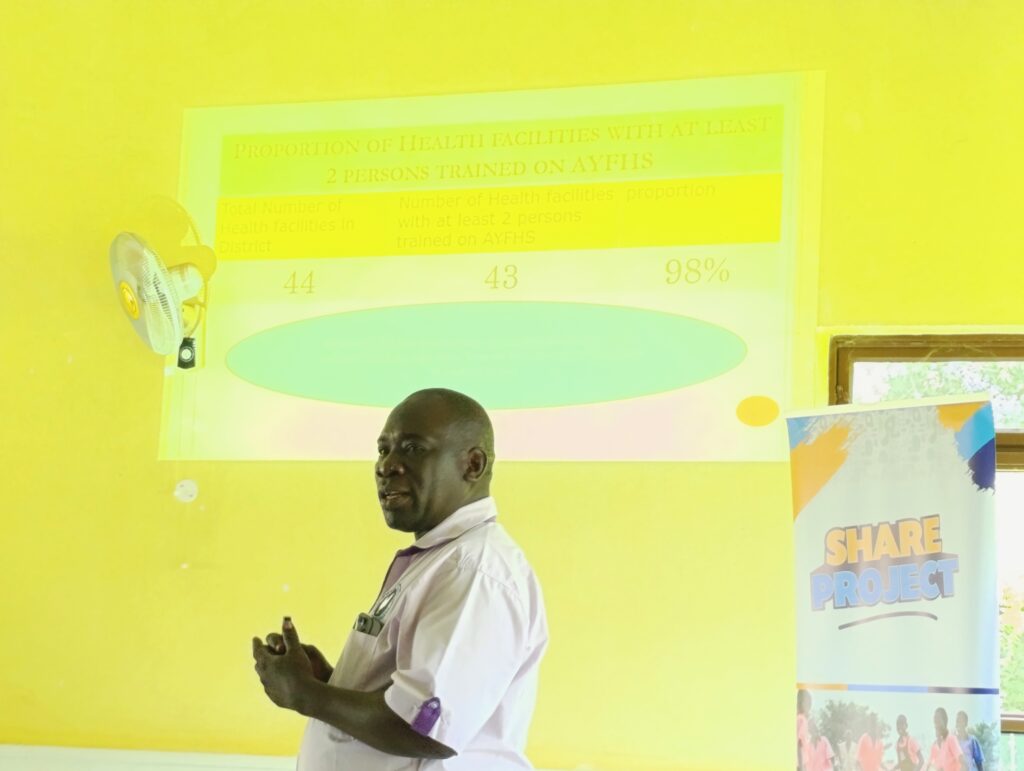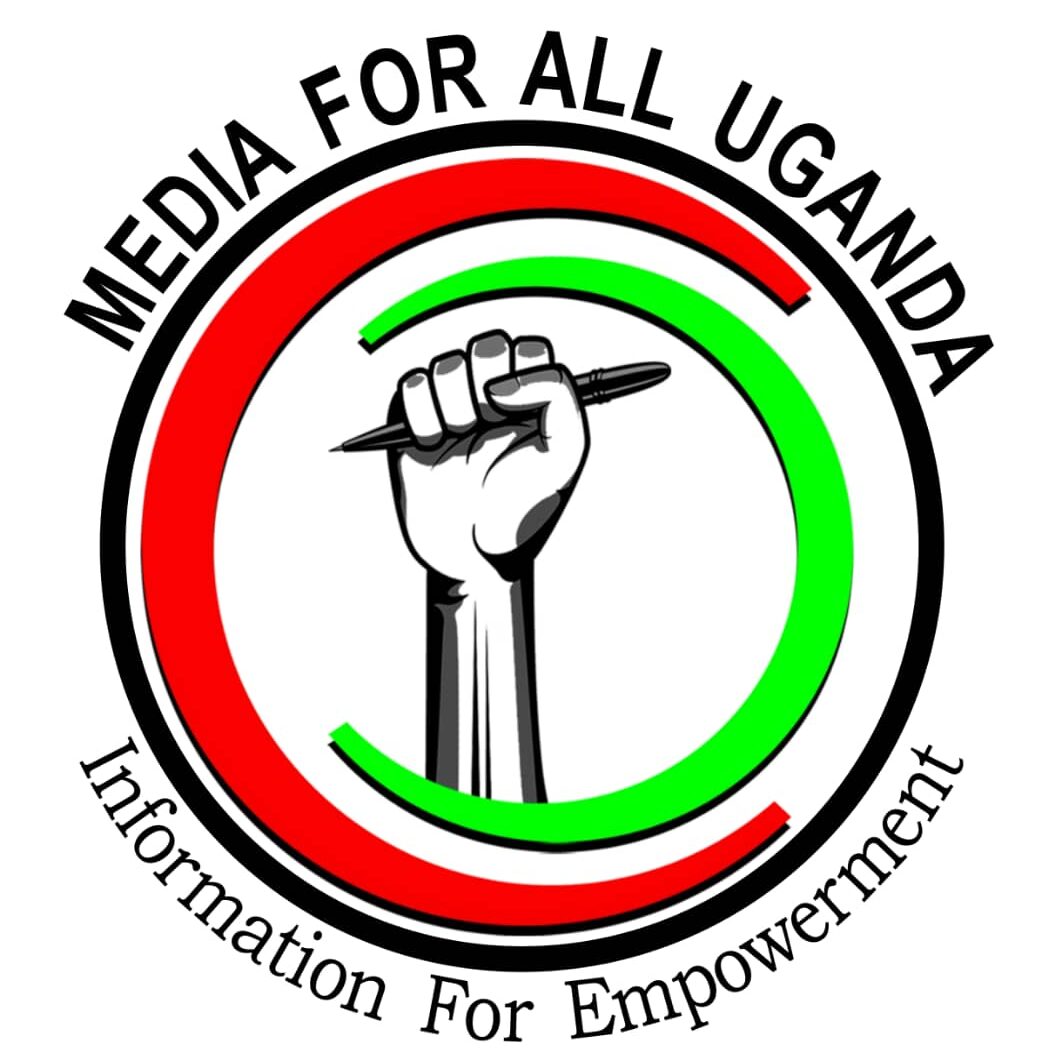ADJUMANI COMMISSIONS DISTRICT COMMITTEE ON ADOLESCENT HEALTH TO STRENGTHEN SEXUAL AND REPRODUCTIVE HEALTH INTERVENTIONS.
By Bazio Doreen.
Adjumani District Local Government, in partnership with Right to Play (RTP), has commissioned a District Committee on Adolescent Health (DICAH) to strengthen coordination and collaboration between stakeholders and partners/NGOs implementing Sexual and Reproductive Health Rights (SRHR) programs in the district.
The committee was commissioned on 3rd July 2025 during the Adolescent Health Quarterly Coordination meeting at the District Council Hall convened by the District leadership in Partnership with Right to Play, an NGO operating in the District.
While commissioning the 20 member committee, Hon. Irene Adrupio Appi, the Secretary for Finance who represented the District Chairperson, appreciated RTP for supporting the district to set up and commission the DICAH which will strengthen the sustainability of SRHR interventions they are carrying out in the community and 66 Primary Schools.
“Thank you Right to Play for helping the district to handle issues of adolescents. This committee is going to help us to do better monitoring and consolidation of how issues of adolescents are being handled,” Hon. Appi said.
On why the DICAH was formed, Atama Yunus, the District Biostatician, explained that there was a decline in the number of Adolescents seeking care at health centers. He said that while 11,851 adolescents were reached with SRHR information, Outpatient Department (OPD) attendance had reduced from 41,384 (July to September 2024) to 30,299 (January to March 2025), and visits to the adolescent-friendly corner reduced from 24,478 (July to September 2024) to 9,320 (January to March 2025). Of 3,084 adolescents tested for HIV/AIDs between July 2024 and July 2025, 6 were found to be positive.

Mane Dolorence, the District HIV Focal Person, observed that the DICAH needs to intervene so that HIV outreaches targeting Adolescents and young people are strengthened. New HIV infections rose from 327 in FY 2021/2022 to 437 in FY 2024/25.
“HIV is now taking an Adolescent Face. We need to scale up SRHR interventions in places where adolescents are likely to have limited access to both services and knowledge,” Mane said.
However, Idia Pauline, the District Focal Person for Reproductive Health, said that health facilities and other stakeholders are now changing the way they handle issues of adolescents, and this may see a positive shift in the statistics.
“We have now started making the IEC materials to have Adolescent Friendly language. We have also started improvising and designating Adolescent Friendly corners and agreeing with the clients on which days and times we should attend to them,” Idia revealed.
Between January and March 2025, records at the District Health Office show that 128 adolescents abused alcohol, 36 abused tobacco, 77 experienced Gender Based Violence; 73 did abortions and 1,231 accessed Family Planning methods.
The meeting was convened under the Sexual Health and Reproductive Education (SHARE) program, funded by Global Affairs Canada, and is being implemented by a consortium led by Right to Play, in partnership with WaterAid, the Forum for African Women Educationalists (FAWE), and FHI 360. The 5-year program ending in March 2026 seeks to empower 325,000 adolescents and youth aged 10-24, particularly girls and young women, both in and out of school, to demand better sexual and reproductive health care through a gender-transformative and rights-based approach.
In Adjumani, the SHARE Project is being implemented in 66 Primary schools, 8 Secondary Schools, 43 Health Centres and through four 30 member mentorship cohorts. These all target young people between 10 and 24 years old.
END.
